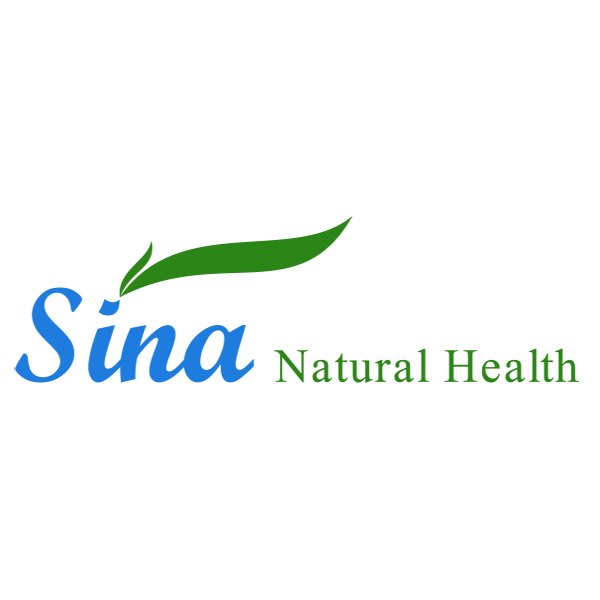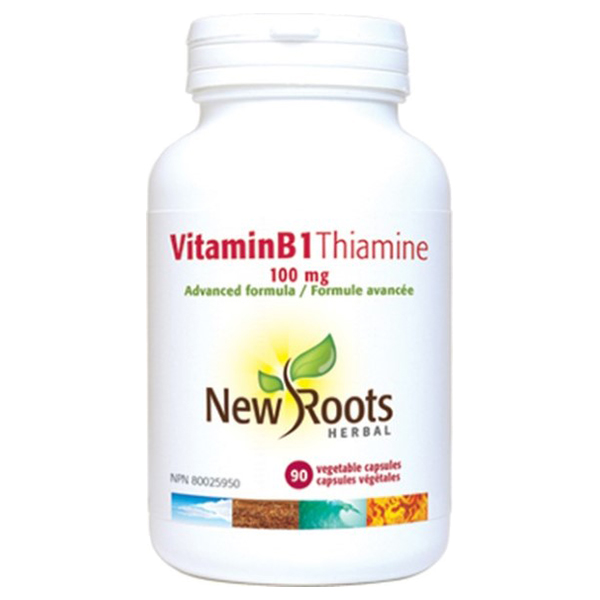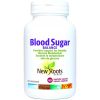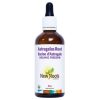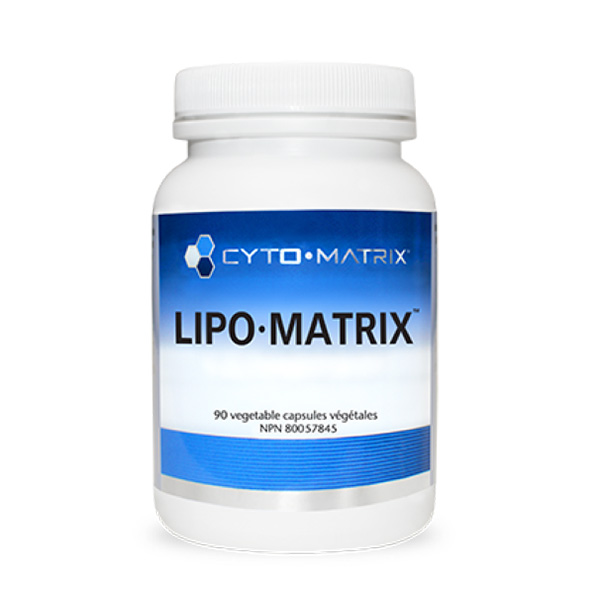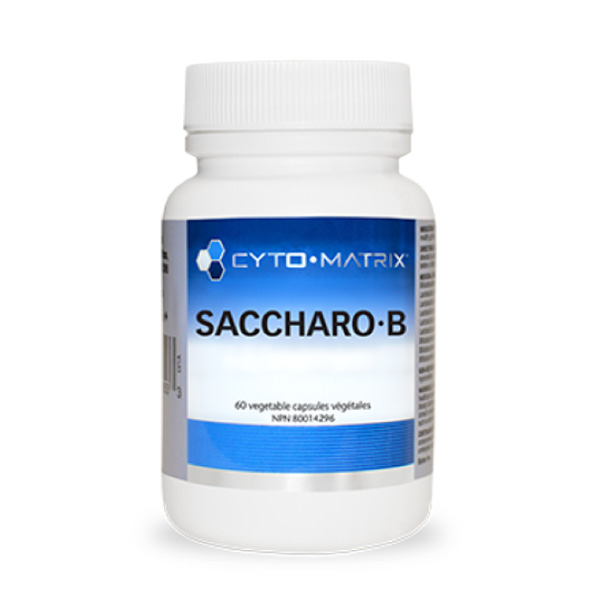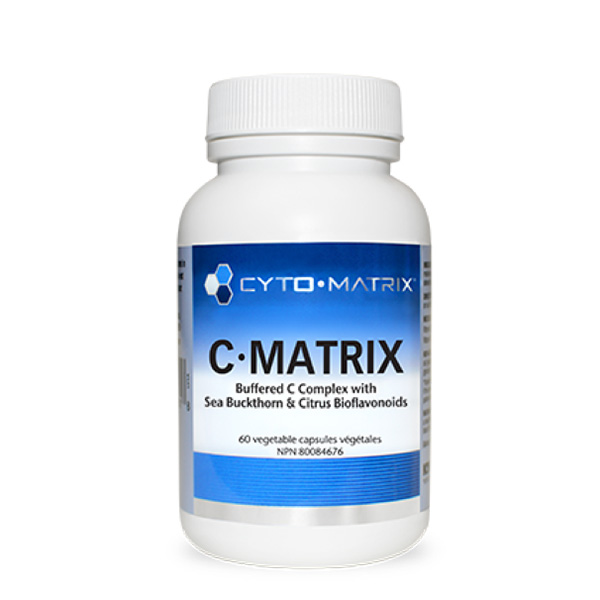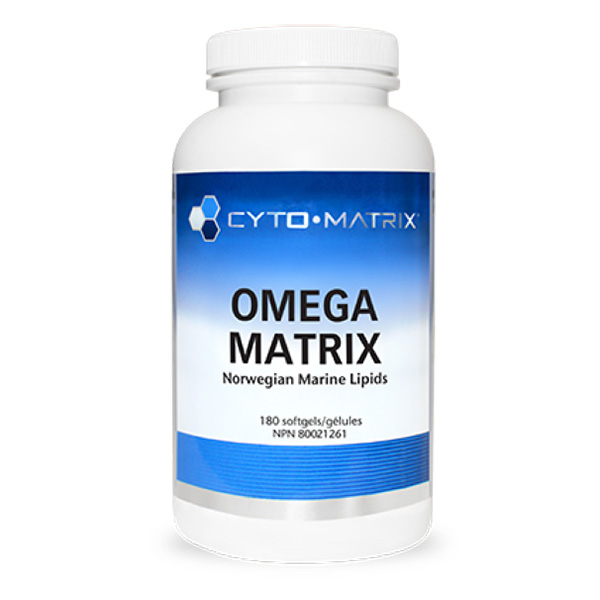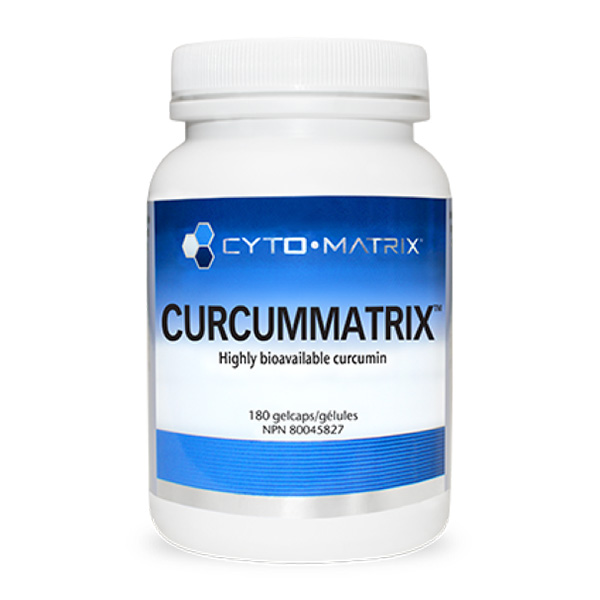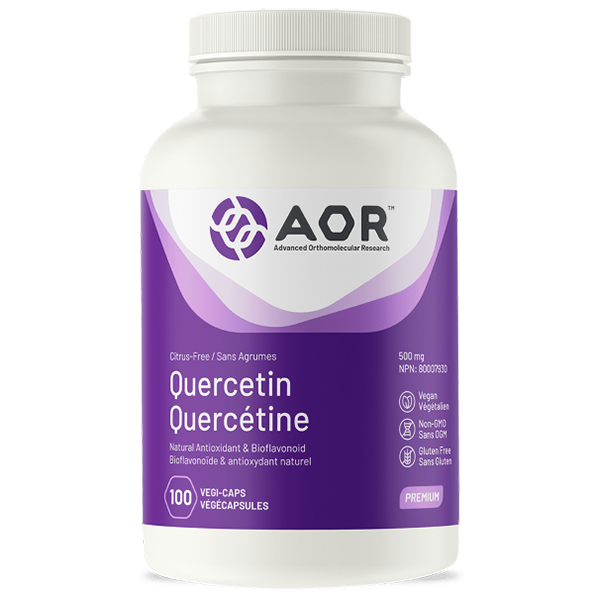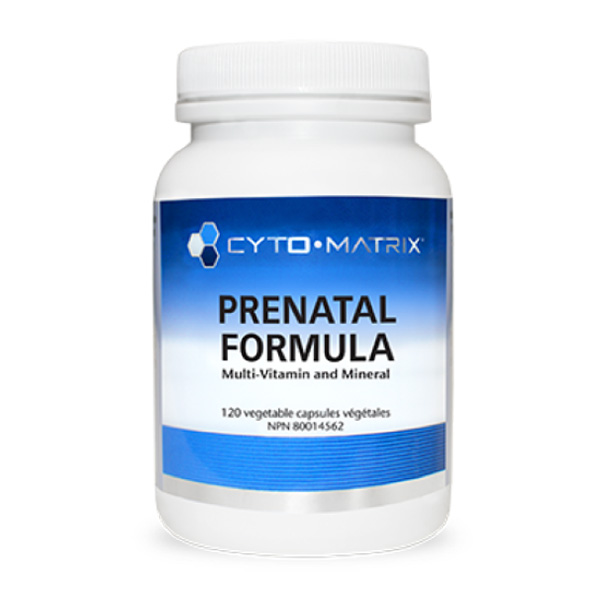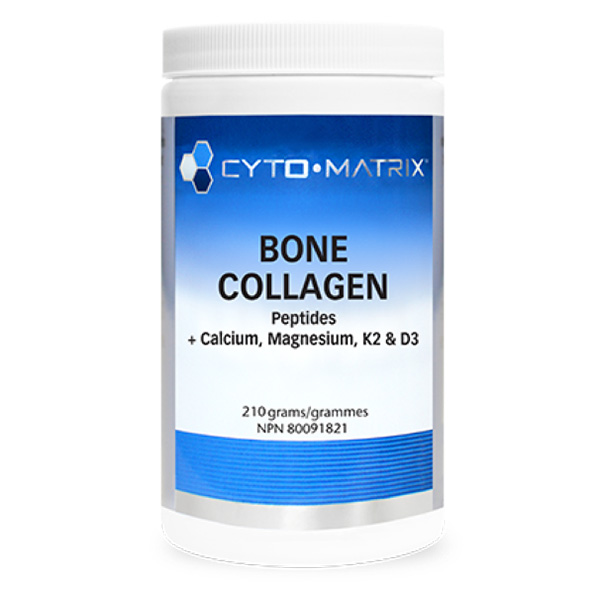New Roots – B1 Thiamine 90 Capsules
$14.99
- Essential nutrient support
- Enzyme form
- High absorption formula
- Non GMO
Vitamin B1 Thiamine
- Essential nutrient support
- Enzyme form
- High absorption formula
- Non GMO
Our vitamin B₁ includes the bioavailable coenzyme forms and cofactors to maximize absorption.
Vitamin B₁, also called thiamine, is used in numerous body functions. Thiamine is the currently accepted name for vitamin B₁ in the US; “aneurin” is still widely used in Europe, especially in the United Kingdom. The chemical name for this water-soluble vitamin is 3‑(4‑amino-2‑methyl-5‑pyrimidyl methyl)-4‑methyl thiazolium chloride. Thiamine consists of a pyrimidine ring and a thiazole ring connected by a one-carbon link. Vitamin B₁ helps fuel your body by converting blood sugar into energy. It keeps your mucous membranes healthy and is essential for the nervous system as well as for cardiovascular and muscular function.
Nutritionists categorize vitamins by the materials that a vitamin will dissolve in. There are two categories: water-soluble and fat-soluble vitamins. Water-soluble vitamins, which include the B-complex group and vitamin C, travel through the bloodstream. Water-soluble vitamins that are not used by the body are eliminated in urine, which means you need a continuous supply of them in your food. Vitamin B₁ is a water-soluble vitamin.
Thiamin enhances circulation and helps with blood formation and the metabolism of carbohydrates. It is also required for the health of the nervous system and is used in the biosynthesis for a number of cell constituents, including the neurotransmitters acetylcholine and gamma-aminobutyric acid (GABA). It is used in the manufacture of hydrochloric acid and therefore plays an important part in digestion. It also helps with brain functions and depression, and assists with memory and learning. Children require it for growth, and it was shown to assist with arthritis, cataracts, as well as infertility.
It’s pretty rare in Canada for a person to be deficient in vitamin B₁; it’s usually only seen in babies who are fed formula that isn’t supplemented with vitamin B₁ and in people who drink large amounts of alcohol or have other health problems. People who drink heavily should talk to their doctors about how to quit drinking, and for the doctor to determine whether they need vitamin B₁ supplements. A deficiency will result in beriberi, and minor deficiencies may be indicated with extreme fatigue, irritability, constipation, edema, and an enlarged liver. Forgetfulness, gastrointestinal disturbances, heart changes, irritability, laboured breathing, and loss of appetite may also be experienced. With too little thiamine available, a person may also experience nervousness, numbness of the hands and feet, pain and sensitivity, poor coordination, tingling sensations, weak and sore muscles, general weakness, and severe weight loss.
INGREDIENTS
| Each vegetable capsule contains: | |
| Vitamin B₁ (thiamine hydrochloride) | 100 mg |
| Vitamin C (ascorbic acid) | 25 mg |
| Choline (choline dihydrogen citrate) | 5 mg |
| Inositol | 5 mg |
| Vitamin B₂ (riboflavin-5′‑phosphate sodium) | 1 mg |
| Inositol hexanicotinate, flush-free | 1 mg |
| Vitamin B₆ (pyridoxal-5′‑phosphate) | 1 mg |
| Folate (from calcium ʟ‑5‑methyltetrahydrofolate) | 50 mcg |
| ᴅʟ‑alpha‑Lipoic acid | 5 mg |
| Other ingredients: Vegetable magnesium stearate, silicon dioxide, and microcrystalline cellulose in a non‑GMO vegetable capsule composed of vegetable carbohydrate gum and purified water. | |
DIRECTIONS OF USE
Adults: Take 1 capsule daily with food or as directed by your health-care practitioner.
| Weight | 0.1 kg |
|---|
